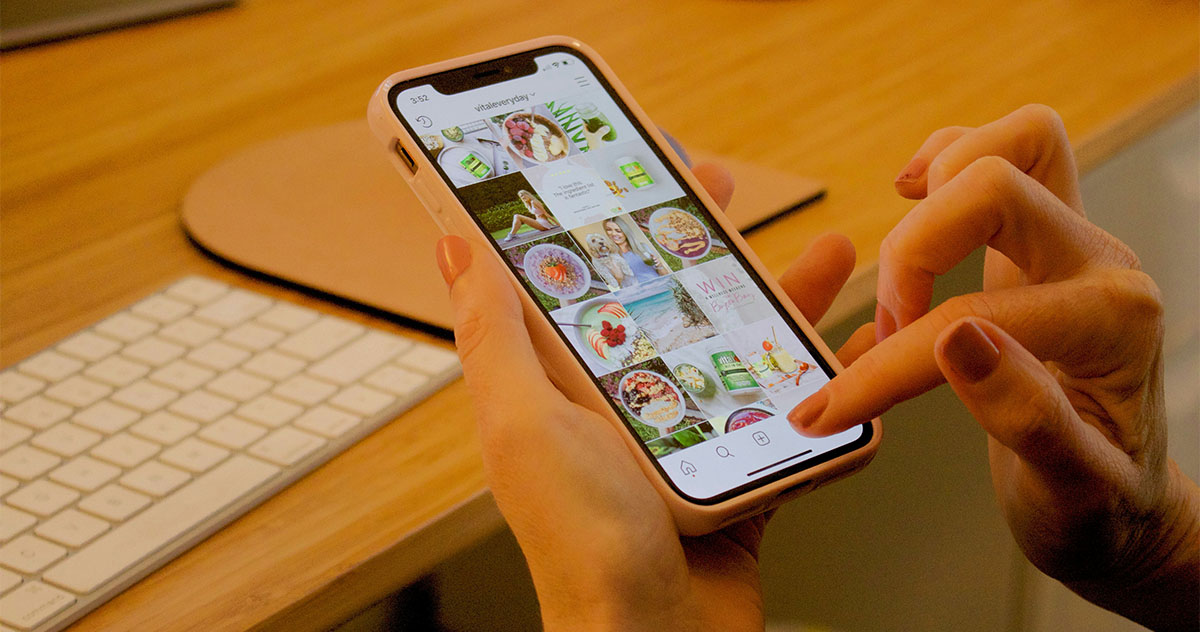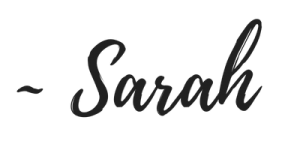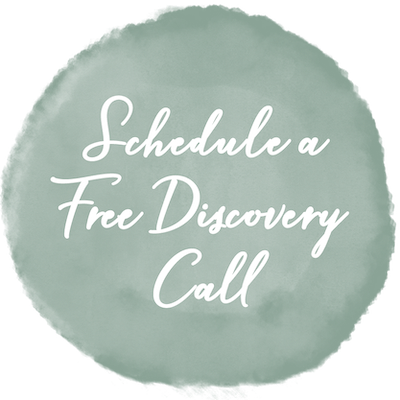I remember when I was in recovery in the 2010’s, I felt sure that the pendulum had swung so far in terms of the world being obsessed with weight and the thin ideal, that surely it would begin to settle down. And for some time it did seem like things were changing, and that brands were recognizing that we wanted to see ourselves, as our bodies naturally are, represented in the images being sold to us. However with Ozempic and other weight-loss drugs now being so readily available, and filters being offered to us on every platform, it seems as if the thin-ideal is back as strong as ever.
Indeed, it can feel that everywhere we turn we’re surrounded by the message that smaller bodies are better, that certain foods are "good" or "bad," that we should constantly be optimizing our health and appearance, and that our worth is somehow tied to our decisions around food and exercise. And while I believe that these self-objectifying messages are harmful for everyone, I especially see how hard they can make the journey for individuals struggling to recover from an eating disorder. How they can make us feel like we’re a lone fish swimming upstream, and how isolating and exhausting this can be.
What I found helpful and powerful in my recovery, and what I help clients with today, is to build up a multifaceted ‘shield’ against this stream of diet culture messaging. A collection of skills and strategies to protect the essential, and healing, recovery journey you are on.

Curating Media Consumption
One of the most helpful things we can do is to control, where we can, the messages we encounter in our daily lives.
Social media can be an especially challenging space, but it can also be transformed into a source of support and inspiration, and I found this to be extremely helpful.
Try unfollowing or muting any accounts that seem to stir up eating disorder thoughts or make you feel bad about your body, or question your recovery actions, even if they're friends or accounts you used to enjoy.
Instead, try searching for accounts that celebrate body diversity, intuitive eating, eating for joy, Health At Every Size®, eating disorder recovery, and anything else that interests you and inspires you and that isn’t focused on a narrowly-defined vision of wellness or beauty. I find that the more we expose ourselves to these messages, the more normal and natural they will begin to feel, and we can start to feel a bit less like a lone fish swimming upstream.
As well, the same approach can be applied to other forms of media in your life. Try paying attention to which magazines, websites, podcasts, or TV shows cause you to feel worse about yourself or more focused on your appearance, and consider taking a break from these. Try replacing them instead with content that feels more in alignment with your recovery values, and try noticing how much better you feel.
For a place to start for some ideas of content to follow, I’ve put together a page with some of my favourites here. Jes Baker also has an amazing page full of resources here.

Developing an Internal Filter
Throughout our day, when we encounter diet culture messages, however explicit or subtle they may be, I find that having a strong internal filter can help so much in processing them without absorbing them too much.
Something I’ve found helpful is to become curious about the messages. For example, if you hear someone talking about a new diet, or see an ad about weight loss, some things you might ask yourself could be:
- Who might benefit from me believing this message?
- What assumptions about bodies and worth does this message make?
- How does this message align with what I know to be true about my health and recovery?
Sometimes I’ve found that it can be helpful to imagine what we might say to a close friend, or a young relative, if they were being exposed to these same messages. I think that sometimes we can see more clearly for others than for ourselves.

Setting Boundaries in Conversations
This was extremely hard for me, as I struggle with some social anxiety and people-pleasing tendencies. However, these boundaries can be as subtle or explicit as you feel ready to implement, or feels right for you in any given conversation or relationship.
Some examples of ways to set boundaries when you find yourself in a conversation revolving around food, weight, bodies or wellness that doesn’t feel right for you, are:
Changing the subject.
Saying something such as, "I'm working on having a gentler, more accepting relationship with food and my body, and I would prefer if we didn’t focus on that".
Asking close friends and family to refrain from commenting on your food choices or appearance, even if they feel they are being flattering or affirming.
Removing yourself from conversations that feel triggering.
As hard as this can feel, try to remind yourself that you don’t need to provide an explanation about your boundaries if you don’t want to give one. And that the people who care about you will want what’s best for you, even if it causes some social awkwardness or even misunderstandings at first.

Building a Support Network
It can be so much easier to resist diet culture when we feel like we’re not doing it alone.
Try seeking out people who share your same values, whether through online communities, local support groups, or friends and family members who might be on a similar journey.
Even just having one person in your life who you feel understands - who doesn't comment on your food choices, who celebrates bodies of all sizes, who supports your recovery, or who just has a relationship with food and their body that you admire - can make such a difference.
Practicing Self-Compassion When it’s Hard
There will of course be times when unhelpful messages get through our shields and leave us feeling more shaky in our recovery than before. This is so normal, and ups and downs on the recovery journey are the norm and not an exception at all.
When this happens, as it likely often will, try to meet yourself with empathy and compassion. And try to remind yourself that these thoughts are products of the culture we live in and were raised in, rather than truths about your worth or your body.
Remembering Why
When the external noise gets loud, do your best to think about your deeper motivations for recovery, and the truths you have learned along the way. What are your reasons for not following diet culture, as tempting as it can often be? What do you know to be true about what life is like when how we look and what we eat or how we exercise is given a priority and focus above other parts of our lives, and of ourselves?
And then try to keep these reminders close. Try writing them down, saving them in your phone, and sharing them with the support people in your life. They will be your anchor when swimming upstream feels so, so hard.
With so much support, and belief in you,

Some Practical Actions to Try This Week:
- A social media audit - Try unfollowing 3-5 accounts that don't feel in alignment with recovery and following 3-5 that do.
- Try implementing a boundary, however subtle or explicit, in one diet culture conversation you find yourself in this week.
- Identify one person in your life who could be part of your anti-diet culture support network.
- Write down your 3 top reasons for choosing recovery over diet culture and keep them somewhere you can easily access them.
Support For Your Journey
If you feel you could use more support on your eating disorder recovery journey I would love to connect with you. Contact me to book a free video discovery call so that we can explore if working together would be a good fit. I would love to hear from you.











